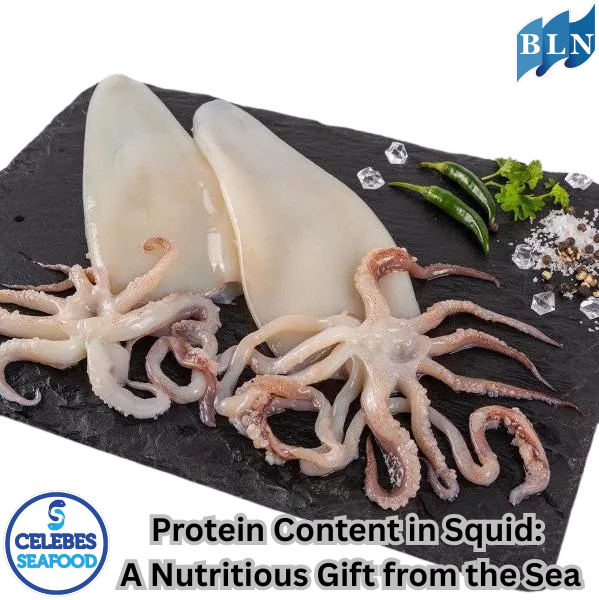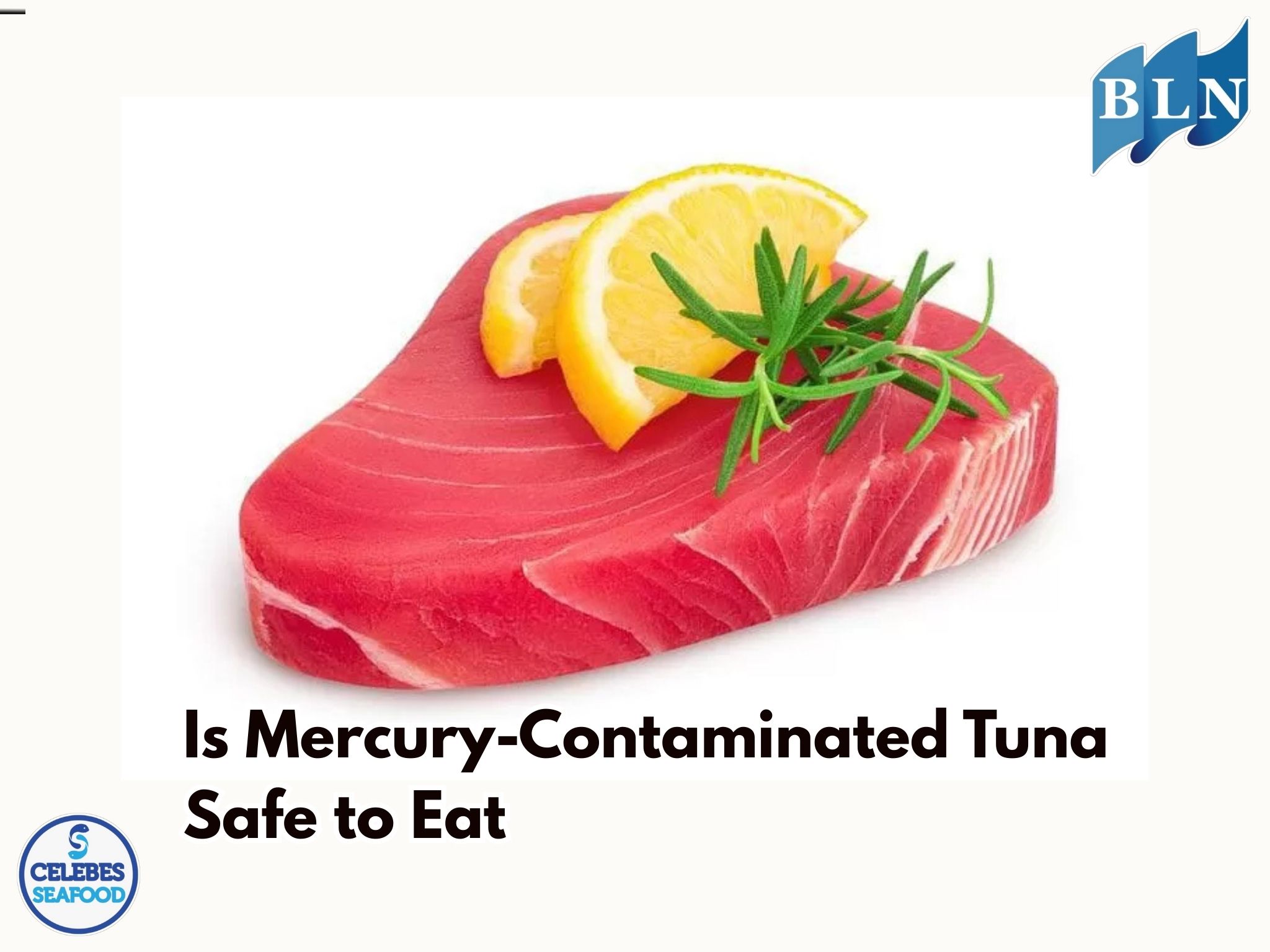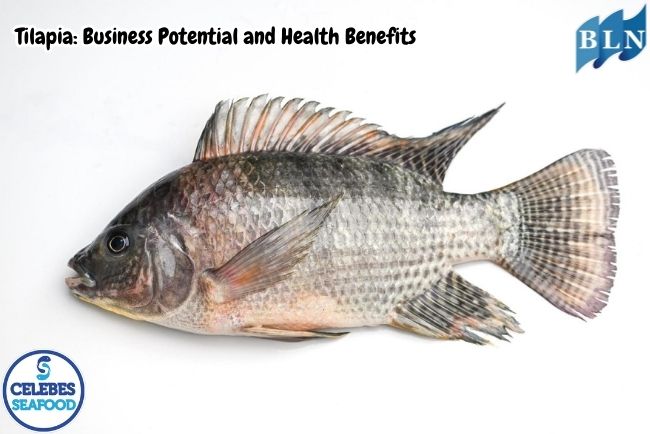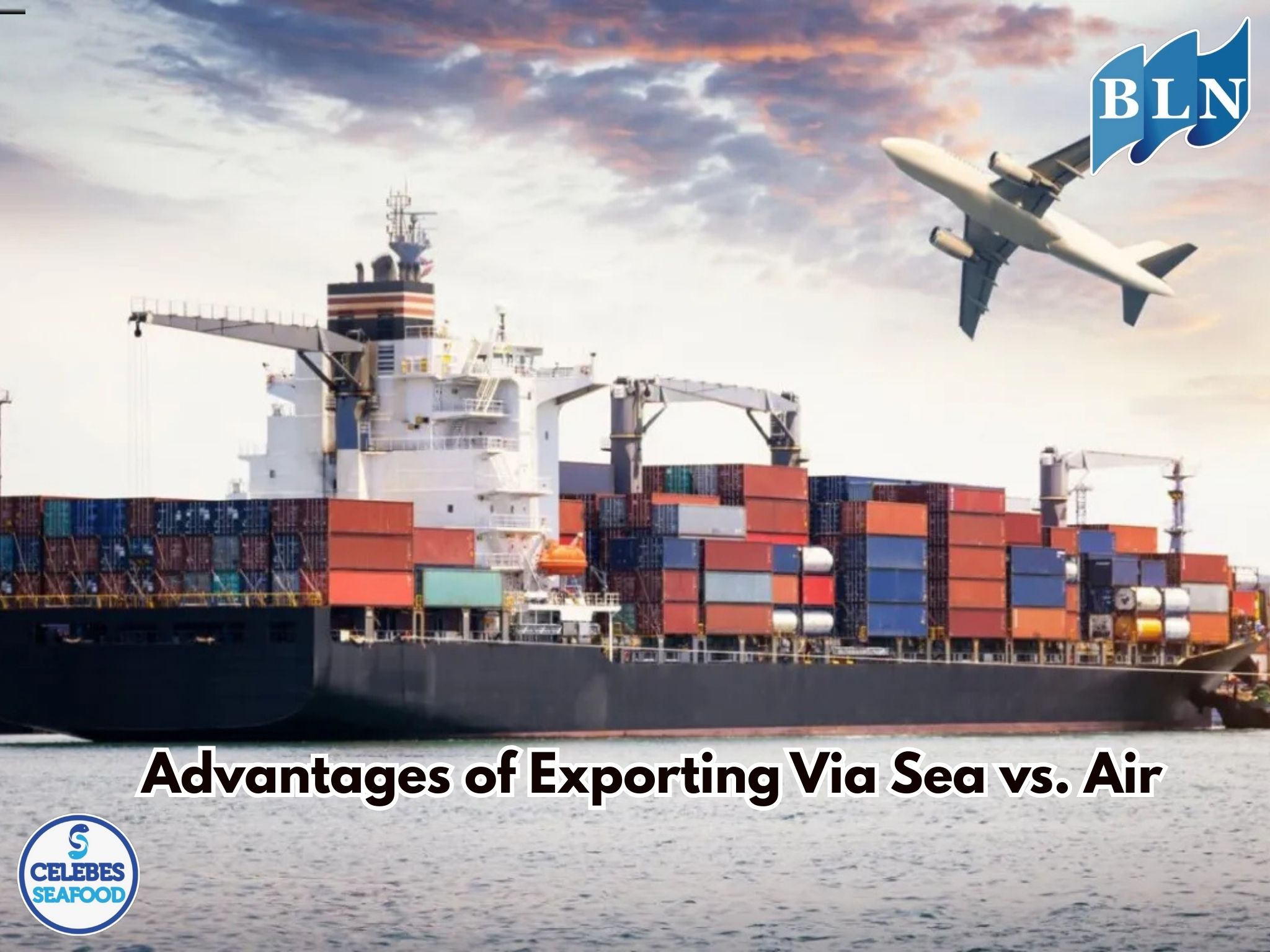Factors that influence the price of coral trout fish fillets in the global market
By. Tri - 19 Aug 2025
lautnusantara.com Sunu fish, or Coral Trout (Plectropomus spp.), is a highly sought-after premium fish in the global market. The price of its fillets is influenced by a complex interplay of factors across the entire value chain, from catch to consumer.
Here are the key factors that influence the price of sunu fish fillets in the global market:
1. Product Quality and Characteristics
-
Freshness and Condition: Fresh (chilled) sunu fish fillets command a significantly higher price than frozen fillets. The effectiveness of the chilling method—such as using slurry ice—and the speed of transport to the destination market directly impact freshness and, thus, price.
- Appearance: The bright, vibrant red color and flawless skin of the fish are highly valued, particularly in key markets like China and Japan, where this appearance is a strong indicator of quality and prestige.
-
Size and Weight: Fillets from optimally sized fish (typically 500g to 1kg) are more valuable. This is because they are more efficient for restaurants and high-end catering to process, leading to less waste.
-
Certification: Sustainability certifications from organizations like the Marine Stewardship Council (MSC) can open doors to premium markets and allow for a higher price point, as consumers are increasingly willing to pay more for responsibly sourced seafood.
2. Supply and Demand Dynamics
-
Market Demand: The demand for sunu fish fillets is closely tied to the luxury food sector, including high-end restaurants, hotels, and upscale catering. This demand is highly sensitive to the state of the global economy.
-
Supply Constraints: Sunu fish are primarily wild-caught, and their availability is subject to seasonal changes, weather conditions, and fishing quotas. The supply can fluctuate significantly, leading to price volatility. While aquaculture of coral trout exists, it is limited, so the market remains heavily reliant on wild-caught stock.
-
Substitutes: The price is also influenced by the availability and price of other high-value fish that can be used as substitutes, such as other grouper species.
3. Logistics and Operational Costs
-
Transportation Costs: Sunu fish fillets require fast, reliable, and temperature-controlled air freight to maintain their quality. The high cost of air cargo is a significant component of the final price.
-
Labor and Processing Costs: The cost of labor for filleting, packaging, and handling varies by country and directly impacts the final export price.
-
Trade Regulations and Tariffs: Import tariffs, taxes, and strict food safety and quarantine regulations in importing countries can add to the final cost of the product.
4. Macroeconomic and Geopolitical Factors
-
Exchange Rates: Fluctuations in currency exchange rates between the exporting and importing countries (e.g., between the Indonesian Rupiah and the US Dollar or Euro) have a direct impact on the purchasing power of buyers and the profitability of sellers.
-
Global Economic Conditions: Economic recessions or downturns in major consumer markets can lead to a decrease in demand from the hospitality sector, putting downward pressure on prices. Conversely, periods of economic growth can drive prices up.
-
Trade Policies and Geopolitics: Trade conflicts, embargoes, or changes in import policies can disrupt supply chains and cause price instability.
If you are interested in our Coral Trout Fillet Skin On CORAL TROUT WGG WHOLE GILLED GUTTED please do not hesitate to contact us through email and/or whatsapp.






.jpg)
